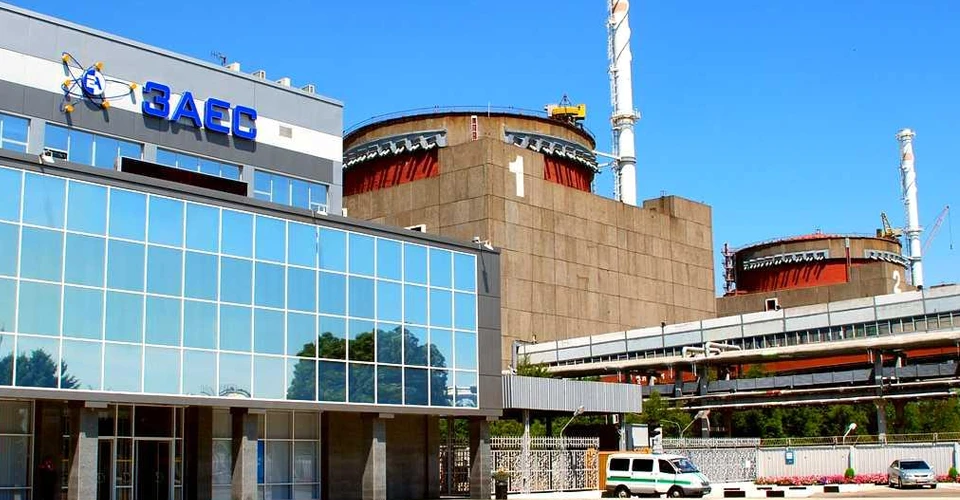
IAEA reports water leak at reactor of Russian-occupied Zaporizhzhia Nuclear Power Plant
IAEA Director General reported that a water leak had occurred at one of the reactors at the Russian-occupied Zaporizhzhia Nuclear Power Plant
The IAEA Director General Statement on Situation in Ukraine shared the information.
According to the statement, repairs are underway at Ukraine's Zaporizhzhia Nuclear Power Plant (ZNPP) after a small water leak was detected in an impulse line linked to a reactor’s primary circuit, IAEA Director General Rafael Mariano Grossi reported. IAEA experts visited unit 1, where the primary circuit pressure was reduced for welding repairs, which have now been completed and are undergoing radiography checks.
“The Agency will continue to follow this issue closely, although we don’t see any immediate issue for nuclear safety. In general, we have identified regular equipment maintenance – which is vital to ensure sustainable nuclear safety and security – as a challenging area for the Zaporizhzhia Nuclear Power Plant during the conflict,” Director General Grossi said.
Unit 1 at the Zaporizhzhia Nuclear Power Plant (ZNPP), like its five other reactors, was in cold shutdown before being transitioned to maintenance mode for impulse line repairs. It is set to return to cold shutdown after testing is complete. Meanwhile, the IAEA team continues regular inspections to monitor nuclear safety and security at the ZNPP, where conditions remain precarious due to the ongoing war.
Earlier this week, the IAEA team assessed the main control rooms of all six units at the Zaporizhzhia Nuclear Power Plant, checking key parameters and staffing. They also inspected the emergency diesel generators of units 2 and 5 for equipment readiness and diesel fuel levels. The team reported hearing daily explosions but noted no damage to the plant. Meanwhile, an IAEA team completed visits to seven electrical substations last week as part of its ongoing assessment of Ukraine's electrical grid infrastructure vital for nuclear safety, which began in September.
During visits requested by Ukraine, the IAEA team assessed how military-related damage earlier this year affected the substations' ability to deliver off-site power to the country's operational nuclear power plants. This aspect aligns with the Seven Indispensable Pillars of nuclear safety and security outlined by Director General Grossi in March 2022.
IAEA teams at the Khmelnytskyi, Rivne, and South Ukraine NPPs, as well as the Chornobyl site, reported that nuclear safety and security are being upheld despite ongoing war and recent air raid alarms.
On Monday, the IAEA team at the Khmelnytskyi NPP sheltered in their hotel for several hours due to an air raid alarm triggered by nearby drones. The Ukrainian regulator reported that 12 drones were detected near the site, with the closest being 400 meters away. Drones were also reported near the South Ukraine site three times in the past week.
“Frequent reports of drones flying near nuclear power plants continue to be a source of deep concern for nuclear safety and security. As we have stated repeatedly, any military activity in the vicinity of nuclear power plants represents a potential risk,” Director General Grossi said.
“The IAEA is continuing to implement its comprehensive programme of assistance in support of nuclear safety and security in Ukraine, including by delivering requested equipment,” the statement emphasizes.
In the past two weeks, the South Ukraine NPP received radiation and contamination monitoring devices, while USIE Izotop, which manages radioactive materials, received personal protective equipment. These items were funded by Japan, Switzerland, and the United Kingdom, with the IAEA completing a total of 73 deliveries of equipment and supplies. Additionally, remote training on human performance and management observation was conducted for 109 staff at the Chornobyl, Rivne, and South Ukraine sites, aimed at reducing the risk of human errors impacting nuclear safety.
- News











































